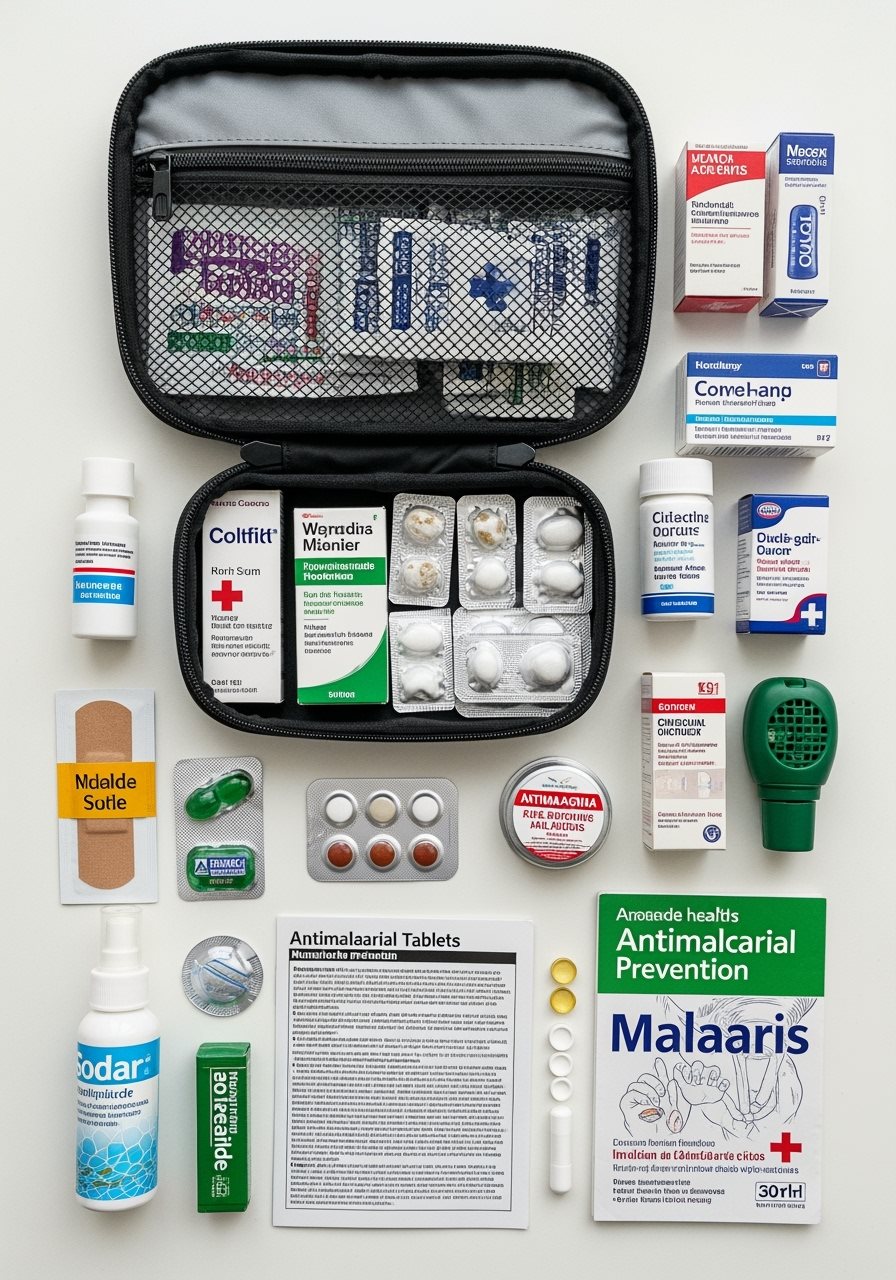Complete guide to health requirements for Uganda eVisa application. Learn about mandatory yellow fever vaccination, recommended immunizations, health certificates, and medical preparation for safe travel to Uganda.

Uganda has specific health requirements that all travelers must meet for entry. These requirements are designed to protect both visitors and the local population from infectious diseases. Understanding and fulfilling these health requirements is essential for a successful eVisa application and safe travel experience.
Yellow fever vaccination is the most critical health requirement for Uganda entry. This requirement applies to all travelers regardless of nationality, age (over 9 months), or country of origin. The vaccination must be documented with a valid WHO International Certificate of Vaccination.
Required for all travelers to Uganda, regardless of country of origin or transit routes
Valid WHO International Certificate of Vaccination must be presented at entry
Certificate becomes valid 10 days after vaccination and provides lifelong protection
Entry will be denied without valid yellow fever vaccination certificate
While yellow fever is the only mandatory vaccination, several other immunizations are strongly recommended to protect against diseases common in Uganda. These vaccinations should be considered based on your travel plans, duration of stay, and activities.
Ensure these are up-to-date
Recommendation: Ensure current vaccination
Why needed: Measles outbreaks occur in Uganda
Timing: At least 2 weeks before travel
Recommendation: Tetanus booster every 10 years
Why needed: Risk of injury and wound infection
Timing: Can be given anytime before travel
Recommendation: Annual vaccination
Why needed: Flu circulates year-round in tropics
Timing: 2 weeks before travel for full protection
Recommendation: Ensure childhood series complete
Why needed: Polio still exists in some regions
Timing: Booster if last dose over 10 years ago
Recommended for Uganda travel
Recommendation: Highly recommended for all travelers
Why needed: Risk from contaminated food/water
Timing: 2 weeks before travel, 2-dose series
Recommendation: Recommended for most travelers
Why needed: Risk from medical procedures, contact
Timing: 3-dose series over 6 months
Recommendation: Recommended, especially for adventurous eaters
Why needed: Risk from contaminated food/water
Timing: 2 weeks before travel
Recommendation: Consider for extended stays
Why needed: Risk in sub-Saharan Africa
Timing: 2 weeks before travel

Uganda is a high-risk malaria area with year-round transmission. Malaria prevention is essential for all travelers.

All travelers may undergo temperature checks at entry points to detect fever
Complete health declaration forms regarding recent illness or symptoms
Yellow fever and other health certificates will be verified by health officials
Travelers showing symptoms may undergo additional medical evaluation
Schedule travel clinic appointment 4-6 weeks before departure for optimal preparation time
Minimum time required for yellow fever vaccination and other immunizations to become effective
Even last-minute consultations can provide valuable health advice and some protection
Prescribed antimalarial pills (Malarone, Doxycycline, etc.)
All regular medications in original containers with extra supply
Broad-spectrum antibiotic for traveler's diarrhea (if prescribed)
Acetaminophen, ibuprofen for fever and pain management
Anti-diarrheal medication, oral rehydration salts, antacids
Antihistamines for allergic reactions and insect bites
999 - Police, Fire, Medical Emergency
911 - Alternative emergency number
Mulago Hospital: +256-414-554-000
Nakasero Hospital: +256-312-531-000
Contact your country's embassy for medical assistance and evacuation coordination
24/7 assistance hotline provided by your travel insurance company
Global medical assistance service for travelers